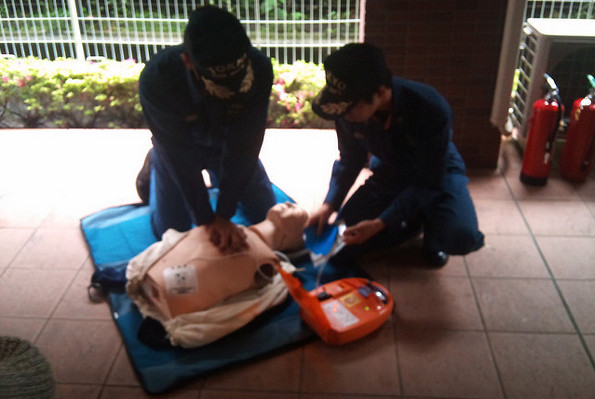Disaster can strike anytime
Disaster can strike anytime. And worse is if it strikes you and your family, the damages could be overwhelming. Emergency plans and effective disaster management is just some of the best ways you can prepare your folks from the worst case scenarios. But what if all emergency skills you have been learning are applicable only prior to a disaster occurrence. Would you know how to deal, respond and survive during and after a disaster? As a protector of your family, learn these before, during and after disaster preparedness tips.
Prepare Your Emergency Kit
A basic disaster preparedness method is to put an emergency kit that is sufficient for the next three days or seventy two hours. Your disaster preparedness kit must contain adequate water, food, flashlight, batteries, radio, medicines, first aid solutions, sanitation materials and useful clothing. Conduct a disaster preparedness drill in your house. It could be a simple fire house drill or a route plan to orient each member of the family on where to pass or exit during a disaster. Learn CPR. And document or keep a copy of your important files such as birth certificates, ATMs, passbook and photos.
Grab the Emergency Kit
During a disaster, here is what you need to orient your family about. First, grab the emergency kit and exit the house when there is a need. During an earthquake, lighting storm or hurricane, stay in the safest and durable area of the house. Also a good disaster preparedness tip is to take time to turn off electricity and gas pipes. When evacuating home, direct each family member to go to your designated meeting place or a nearby relative. If someone is badly hurt and needs medical attention, seek help and bring him immediately to the closest hospital or medical facility.
Don’t Panic
Another good disaster preparedness tip is to always stay collective, cool and calm. Panicking will never do you good, and so teach every member of the family to be extra watchful. After a disaster takes place, make sure that every member of the family is safe and sound. If you are evacuated, ask permission from emergency officials regarding safety. If you stayed at home, turn on your battery powered radio and listen for the news. Be careful on cracks and falling objects in your house.
Again, if your family’s been evacuated, wait till you are given clearance by authorities. If staying at home, on the other hand, seems to be dangerous, look for a safer place in the neighborhood the soonest time. Remember, that disaster preparedness does not cover prior events, but also during and after a disaster.


